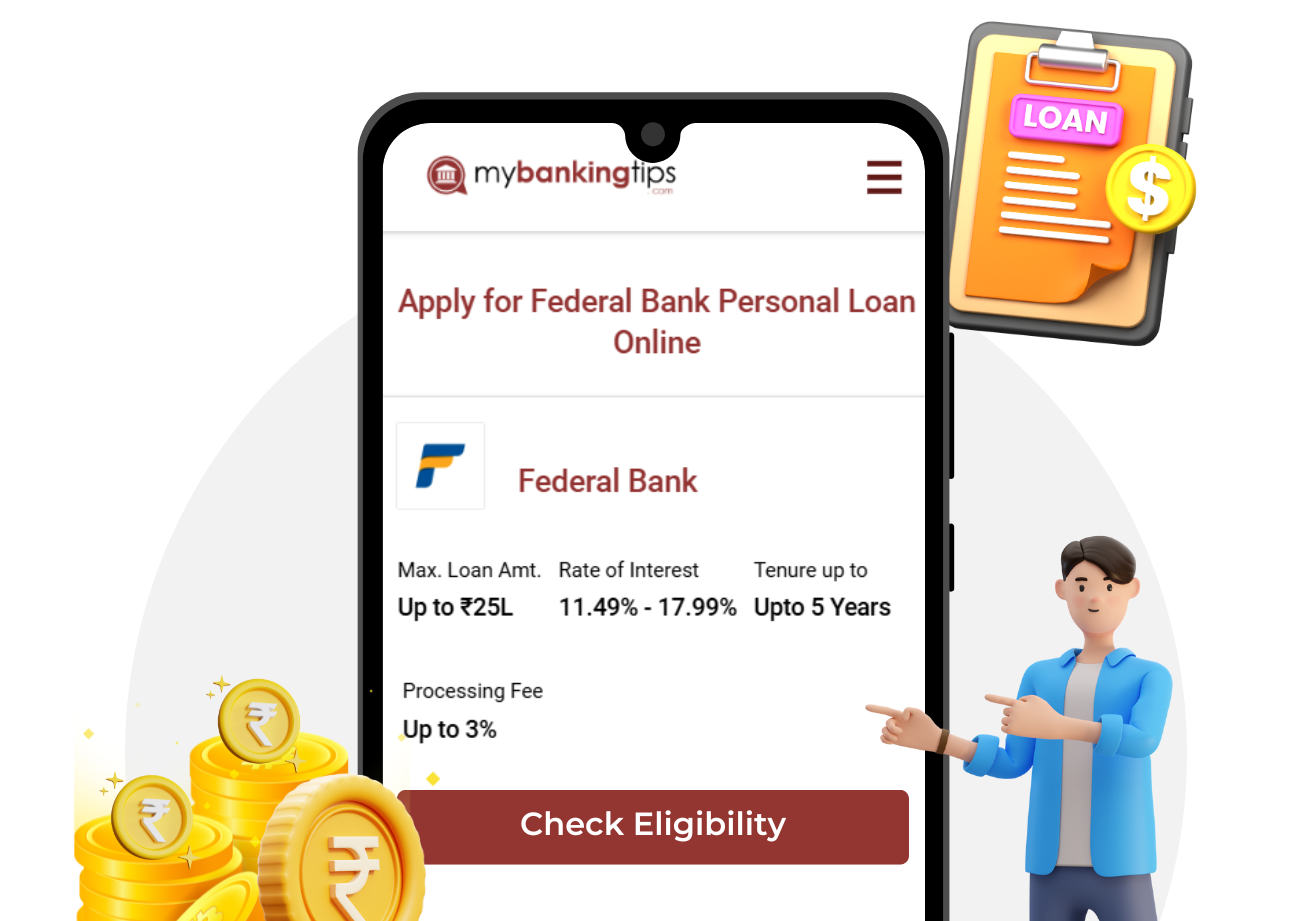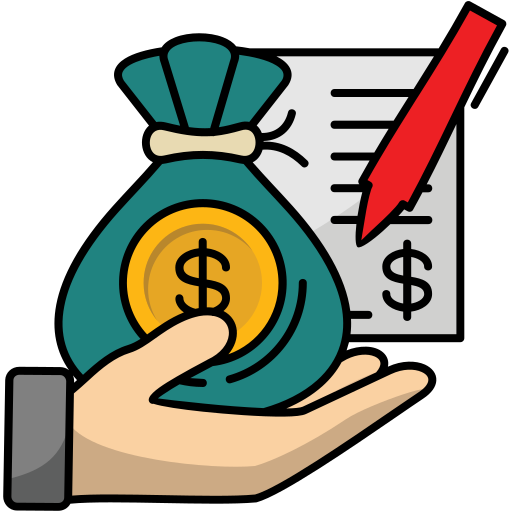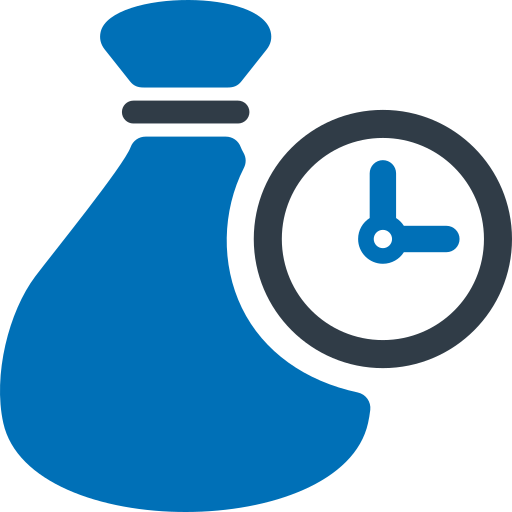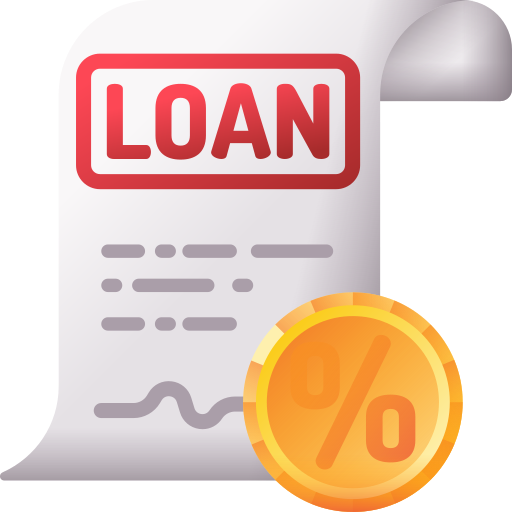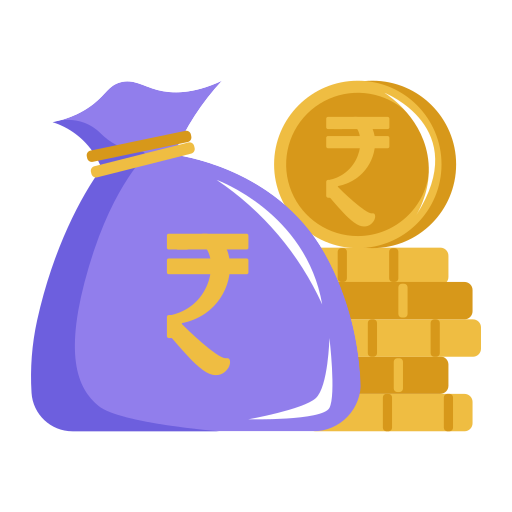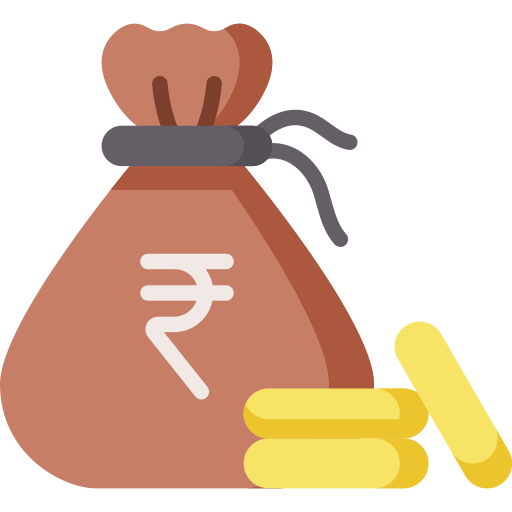Personal Loan
Get a personal loan of up to Rs 40 lakh at an interest rate starting from 10.5% p.a. Explore pre-approved offers from our partner lenders.
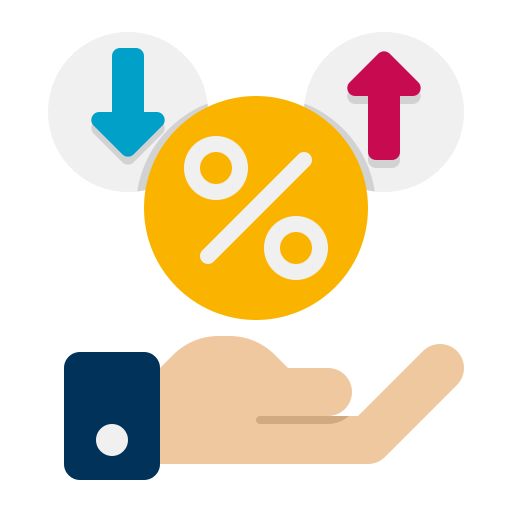 Interest Rate
Interest Rate
Usually 10.49% p.a. onwards; some PSUs may offer lower rates
 Loan Amount
Loan Amount
Can go up to Rs 40 lakh; some lenders may offer higher loan amounts
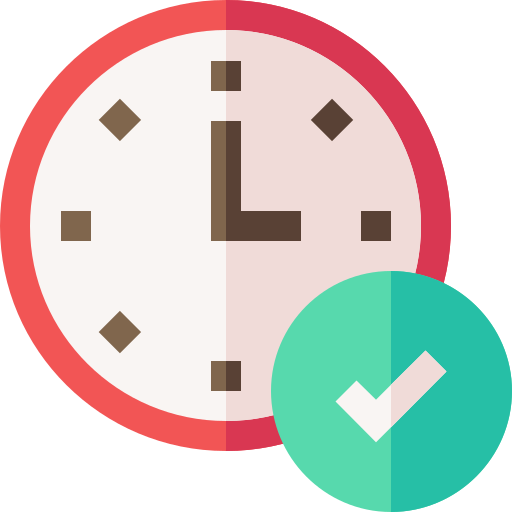 Tenure
Tenure
Up to 5 years (some lenders offer repayment period till 8 years)
 Processing Fees
Processing Fees
0.5% to 4% of loan amount (may vary across lenders)
Last updated: 24 December, 2024

